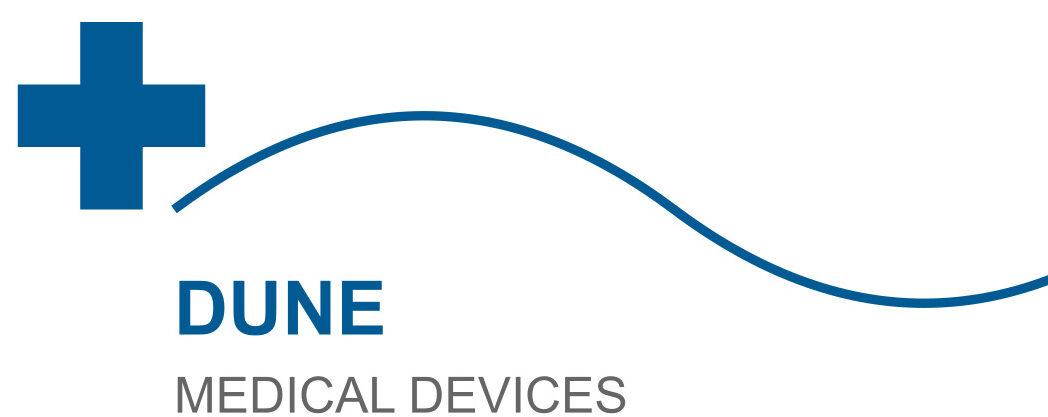What Medical Equipment is Used in Healthcare Facilities?
Medical equipment is the backbone of modern healthcare, enabling professionals to diagnose, treat, and monitor patients effectively. Whether in hospitals, clinics, or nursing homes, the right tools can make the difference between life and death. This guide explores the essential medical devices found in healthcare facilities, their uses, and how they contribute to patient care. By understanding these tools, you can make informed decisions—whether you’re a healthcare professional, facility manager, or investor looking to capitalize on the booming medical equipment industry.
Ready to explore the world of cutting-edge healthcare technology? Visit our shop for premium medical devices that can elevate your facility’s capabilities.
1. Diagnostic Medical Equipment
Diagnostic tools are crucial for identifying illnesses and conditions early, allowing for timely intervention. Here are the most common devices used in healthcare facilities.
Imaging Equipment
- X-ray Machines: Used for detecting fractures, infections, and tumors.
- MRI Scanners: Provide detailed images of soft tissues, ideal for neurological and musculoskeletal assessments.
- Ultrasound Machines: Non-invasive imaging for pregnancies, heart conditions, and abdominal issues.
Laboratory Testing Devices
- Blood Analyzers: Measure blood cell counts, glucose levels, and cholesterol.
- PCR Machines: Essential for detecting infections like COVID-19 and other viral diseases.
- Microscopes: Used in pathology to examine tissue samples.
| Device | Primary Use | Average Cost (USD) |
|---|---|---|
| X-ray Machine | Bone and tissue imaging | $50,000 – $250,000 |
| MRI Scanner | Soft tissue diagnostics | $1M – $3M |
| Blood Analyzer | Blood testing | $5,000 – $50,000 |
2. Treatment and Therapeutic Equipment
Once a diagnosis is made, treatment devices help manage and cure conditions. Investing in high-quality medical equipment ensures better patient outcomes and higher facility revenue.
Surgical Tools
- Electrosurgical Units: Minimize bleeding during operations.
- Laser Surgery Devices: Used in eye surgeries and dermatology.
- Anesthesia Machines: Keep patients sedated during procedures.
Rehabilitation Equipment
- TENS Units: Provide pain relief through electrical stimulation.
- CPAP Machines: Treat sleep apnea by regulating breathing.
- Wheelchairs & Walkers: Assist mobility-impaired patients.
3. Patient Monitoring Devices
Continuous monitoring is vital in ICUs, emergency rooms, and post-surgery recovery. These devices help track vital signs and prevent complications.
Vital Signs Monitors
- ECG Machines: Monitor heart activity.
- Pulse Oximeters: Measure oxygen saturation.
- Blood Pressure Monitors: Track hypertension risks.
Neonatal and Pediatric Equipment
- Incubators: Provide controlled environments for premature babies.
- Pediatric Ventilators: Assist infants with breathing difficulties.
4. Essential Medical Equipment for Nursing Homes
Nursing homes require specialized devices to support elderly patients with chronic conditions.
Mobility Aids
- Hospital Beds: Adjustable for patient comfort.
- Lift Chairs: Assist patients in standing up safely.
Chronic Care Devices
- Dialysis Machines: Filter blood for kidney patients.
- Oxygen Concentrators: Provide respiratory support.
5. How to Choose the Right Medical Equipment for Your Facility
Selecting the best medical devices can maximize efficiency and profitability. Follow these steps:
- Assess Your Needs: Determine which specialties your facility serves.
- Compare Brands: Look for reliability, warranty, and service support.
- Budget Wisely: Balance cost with long-term ROI.
- Train Staff: Ensure proper usage to avoid mishandling.
Conclusion
From diagnostic tools to life-saving treatment devices, medical equipment is indispensable in modern healthcare. By investing in high-quality devices, you can enhance patient care, improve facility reputation, and unlock new revenue streams. The right equipment is not just an expense—it’s a pathway to success.
Ready to upgrade your facility? Explore our premium medical devices today and take the first step toward a more profitable healthcare business.
Frequently Asked Questions (FAQs)
What is the most essential medical equipment for a clinic?
Clinics should prioritize stethoscopes, blood pressure monitors, otoscopes, and basic lab testing equipment.
How often should medical equipment be replaced?
Most devices last 5-10 years, but regular maintenance checks are crucial for optimal performance.
Can I lease medical equipment instead of buying?
Yes, leasing is a cost-effective option for facilities with budget constraints.
Where can I buy reliable medical equipment?
Dune Medical Devices Inc. offers top-tier medical devices with warranties and support.
How can I ensure my staff uses equipment correctly?
Provide hands-on training and refer to manufacturer guidelines. Contact us for expert assistance.
Want to boost your healthcare business with the best medical equipment? Reach out today and let our experts guide you toward success!
